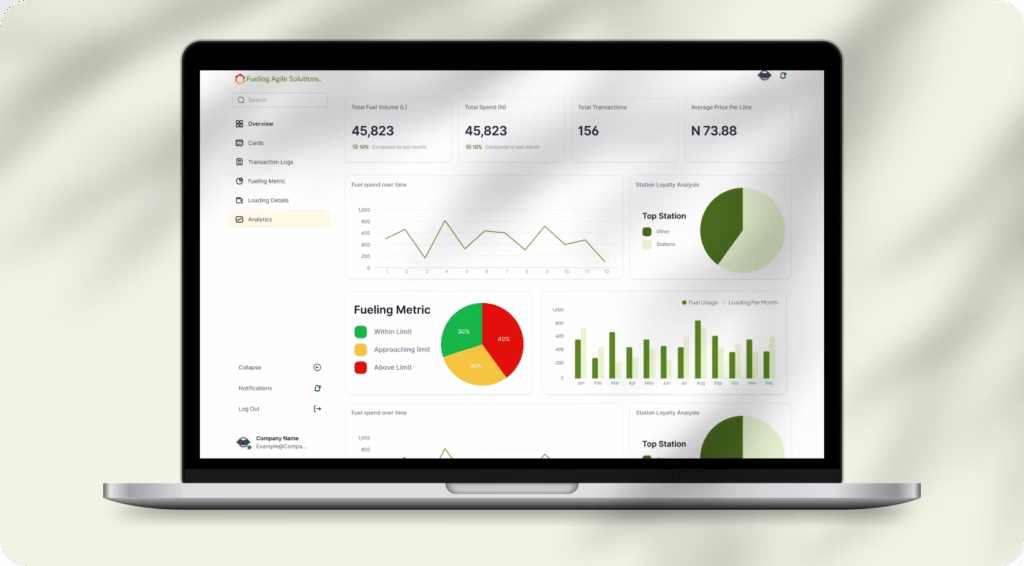Cash payment for fuel might seem like the most convenient option for all companies. It is quick, comfortable, and convenient. But hidden under its convenience are a chain of covert costs that quietly drain company coffers, erode accountability, and make expense tracking even harder than it needs to be.
1. Loss of Spending Control
When money is used to purchase fuel, it is hard for the fleet managers to monitor and control spending. Without any record of where, when, and how much fuel is purchased, the likelihood of catching abnormalities or wastage is near zero.

2. Increased Opportunities of Fraud and Theft
Cash payments have greater potential for fraud. Receipts may go missing or even be invented, and without real-time tracking, managers may never even know whether the fuel bought actually went into corporate vehicles.

3. Poor Record Keeping
Processing dozens of paper receipts every week can be a nightmare for accounting personnel. Manual entry wastes valuable hours which could be used for performance analysis and cost-cutting.
4. No Discounts or Insights
Cash-paying companies lose access to bulk discounts, in-depth analysis, and spending data that come with fuel card programs. A fuel card does more than simply pay for fuel; it provides you with the information you need to optimize every trip.

5. Lower Accountability
Without anything left behind, it is hard to hold motorists accountable for their fueling behavior. A fuel card system is transparent since every transaction is monitored automatically, categorized, and reported.
Conclusion
Convenience tends to come at a cost. Paying with cash to buy fuel can lead to inherent losses in efficiency, security, and fiscal honesty. Fuel cards remove these barriers, enabling companies to save time, money, and aggravation while maintaining operations in an intelligent manner.

